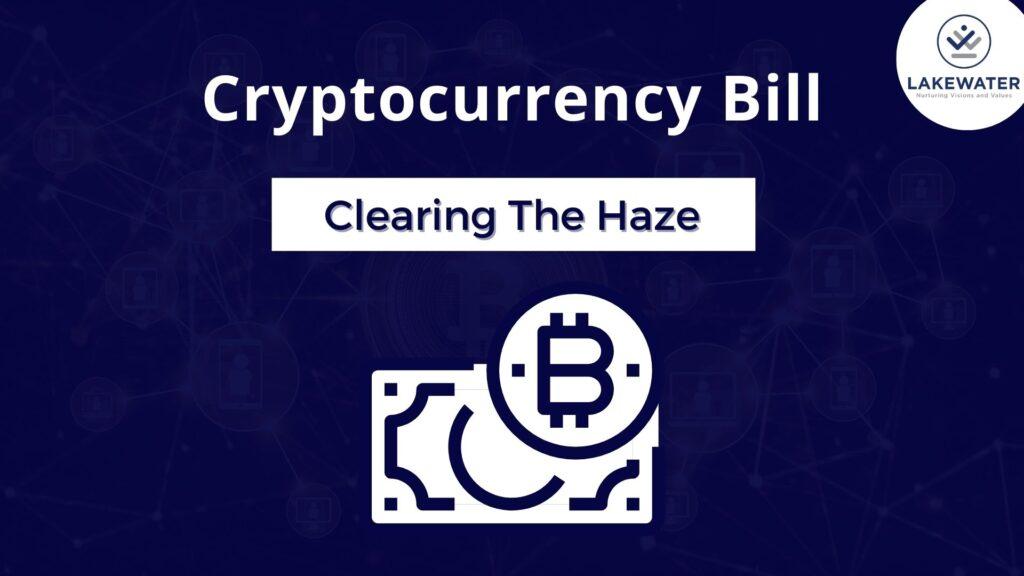Last week, on November 23, 2021, the Central Government expressed its intention to introduce a Bill aimed at prohibiting cryptocurrencies in India. This headline statement brought around many questions to the investor community in the country. What exactly is stored in the Cryptocurrency Bill? When is it going to be passed? What is the need for this Bill? How will the investors be affected? Let us decode the answers to these questions and many more.
The Cryptocurrency And Regulation Of Official Digital Currency Bill, 2021
Discussions regarding this bill were ongoing since the government had not legalized the use of cryptocurrency. In this winter session of Parliament, the Central Government is placing the Cryptocurrency and Regulation of Official Digital Currency Bill, 2021. Through this bill, the government seeks to make all private cryptocurrency transactions prohibitory and illegal in India. The reason for bringing the ban is because certain private cryptos aren’t being used or circulated on the lines of Bitcoin, Ether, Dogecoin, etc.
The government has clarified that this bill will allow certain exceptions to promote the underlying technology of cryptocurrency and its uses. Also, through this bill, the government pursues to introduce an official digital currency of the central bank. Thus, the main objective of this bill is to regulate the cryptocurrency world and make regulations regarding its usage.
Effect On The Investor Community
Post the announcement of the tabling of the bill there is wide speculation and rumors as to what will happen to all the cryptocurrencies. Will all of them collapse or are there exceptions.
We all agree there is a difference between public and private cryptocurrency. The bill intends to ban such private cryptocurrencies and promote blockchain technology which is fundamental to cryptocurrencies.
Public cryptocurrencies such as Bitcoin, Ether, Dogecoin, & Shiba Inu are designed in such a way that their transactions are traceable and linkable. Any person having public cryptocurrencies can decipher the ledger if they have knowledge of blockchain technology. The ledger maintains participants’ identities anonymously, their respective cryptocurrency balances, and records all genuine transactions executed between network participants. On the other hand, private cryptocurrencies like Dash, Monero, Particl, Zcash, and their likes will be banned in India since they cloud the information of transactions in order to provide privacy to the user. Thus, those dealing with private information prefer to join private blockchain.
Since Government acknowledges the use of blockchain technology and is also likely to promote digital currency in the future and thus the bill and the regulations are another step in this direction.




